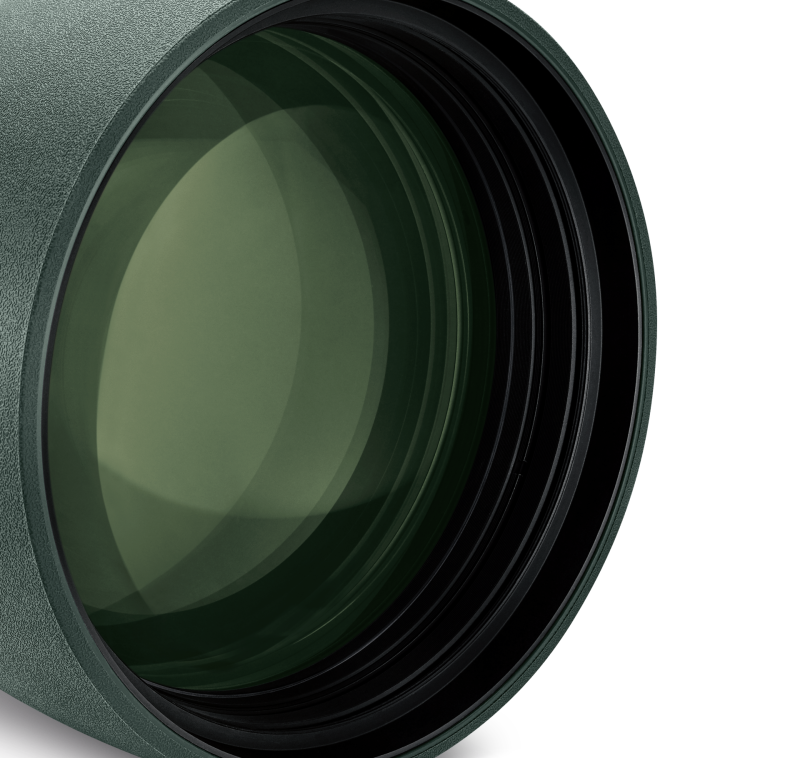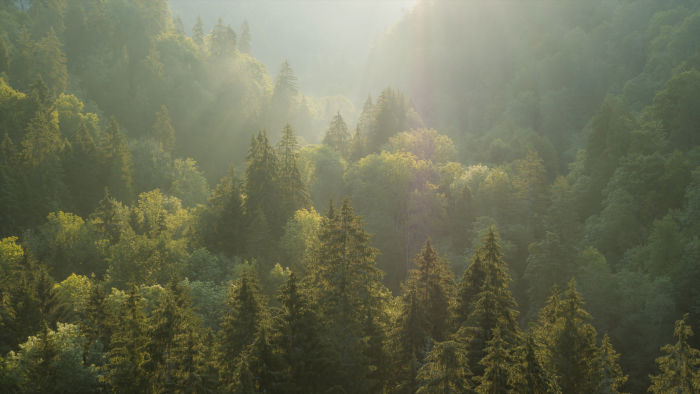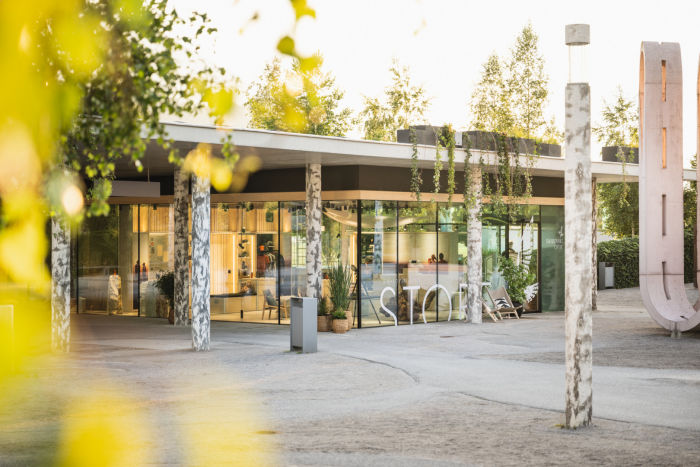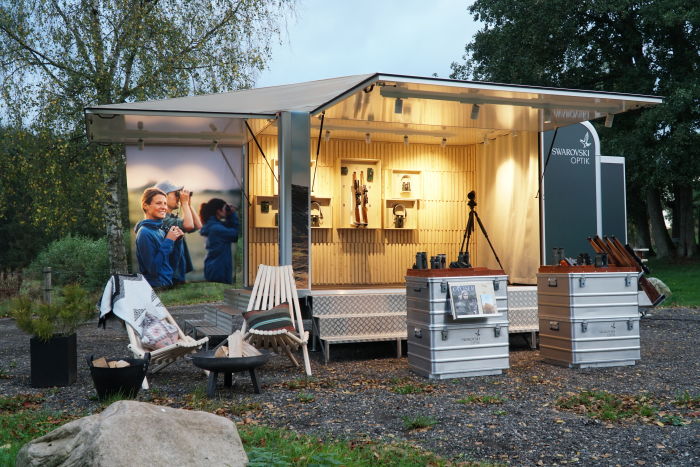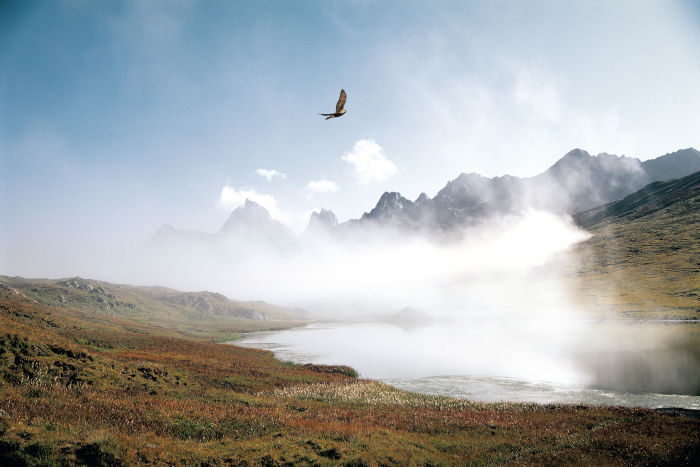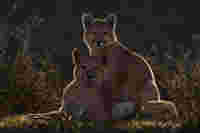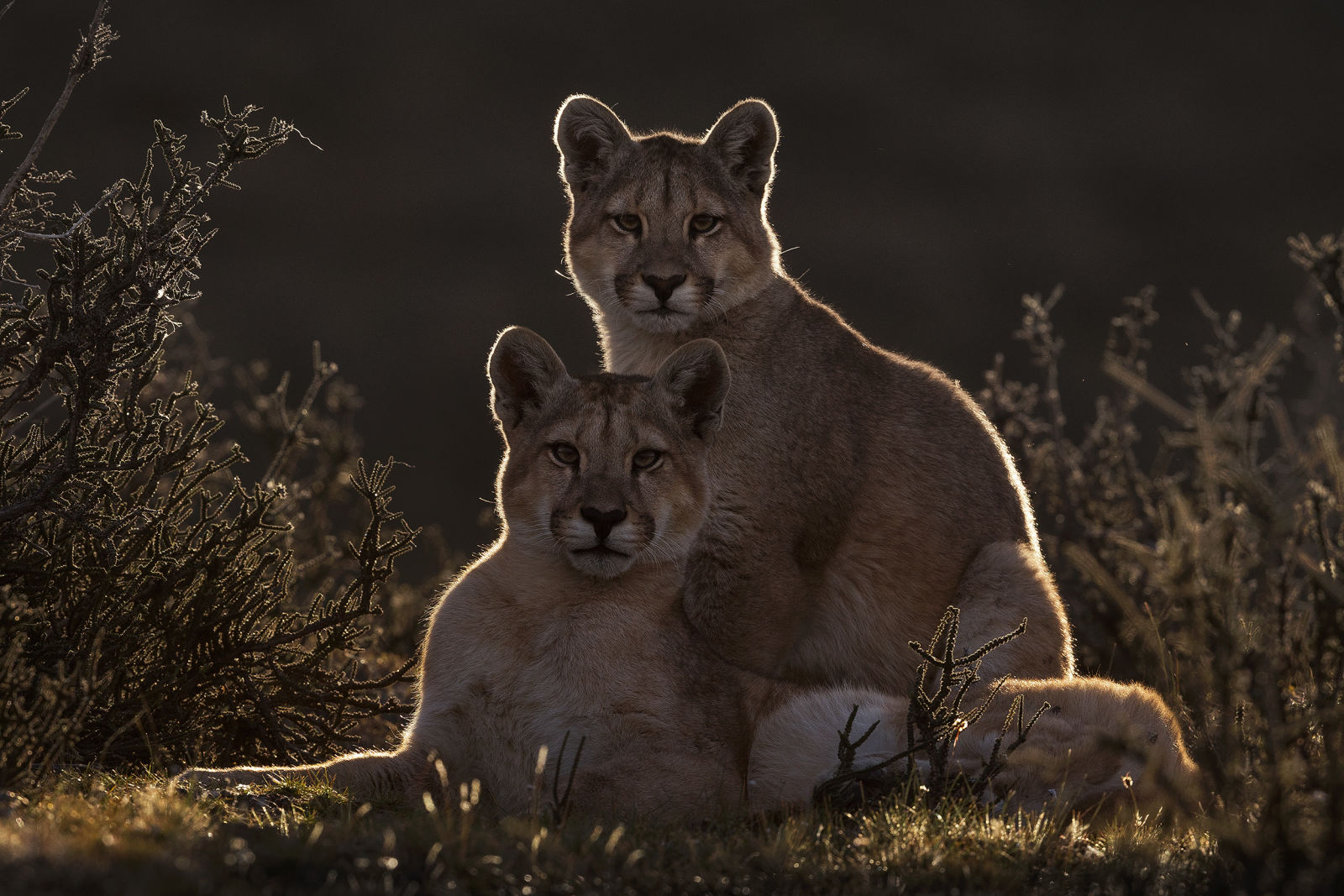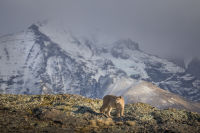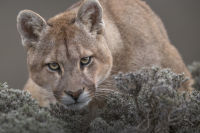It is not yet daybreak as we approach Lago Sarmiento on the eastern edge of the national park.
We are looking for Sarmiento, a female puma. This is her territory, so she was named after the lake. One of my trackers has a hunch that she’s hiding a litter of cubs somewhere in the many rocky caves that line the shore. This is because he has observed Sarmiento several times at a very specific spot. This is unusual behavior for a puma – big cats don’t normally have favorite spots but are totally unpredictable and always popping up in different places.
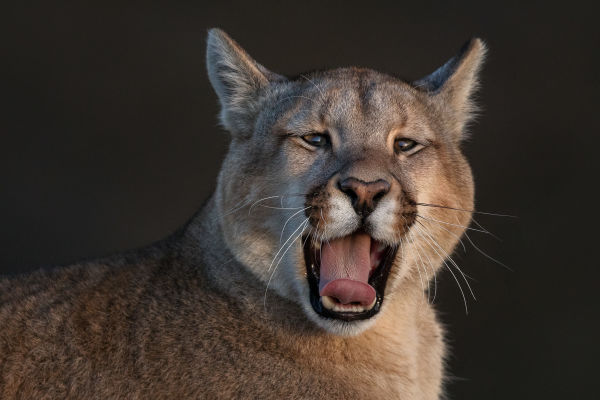
The tracker’s success
She’s here! I got her!
In the half-light we spread out around the lake, keeping the rocks in view. It’s getting lighter, the sun is slowly rising. I have almost given up hope when the radio suddenly crackles into life: “She’s here, I got her!”. My wife and I breathe a sigh of relief. We hurriedly throw on our backpacks, I grab the tripod and we run toward the spot where Jorge radioed us. When we get there, he excitedly tells us that everything suggests Sarmiento has cubs. She is prowling around close to a cave that would be ideal for raising her young. Jorge hasn’t spotted the cubs yet, but he is nearly always right. He is one of the best trackers around and seems to have a seventh sense for pumas.
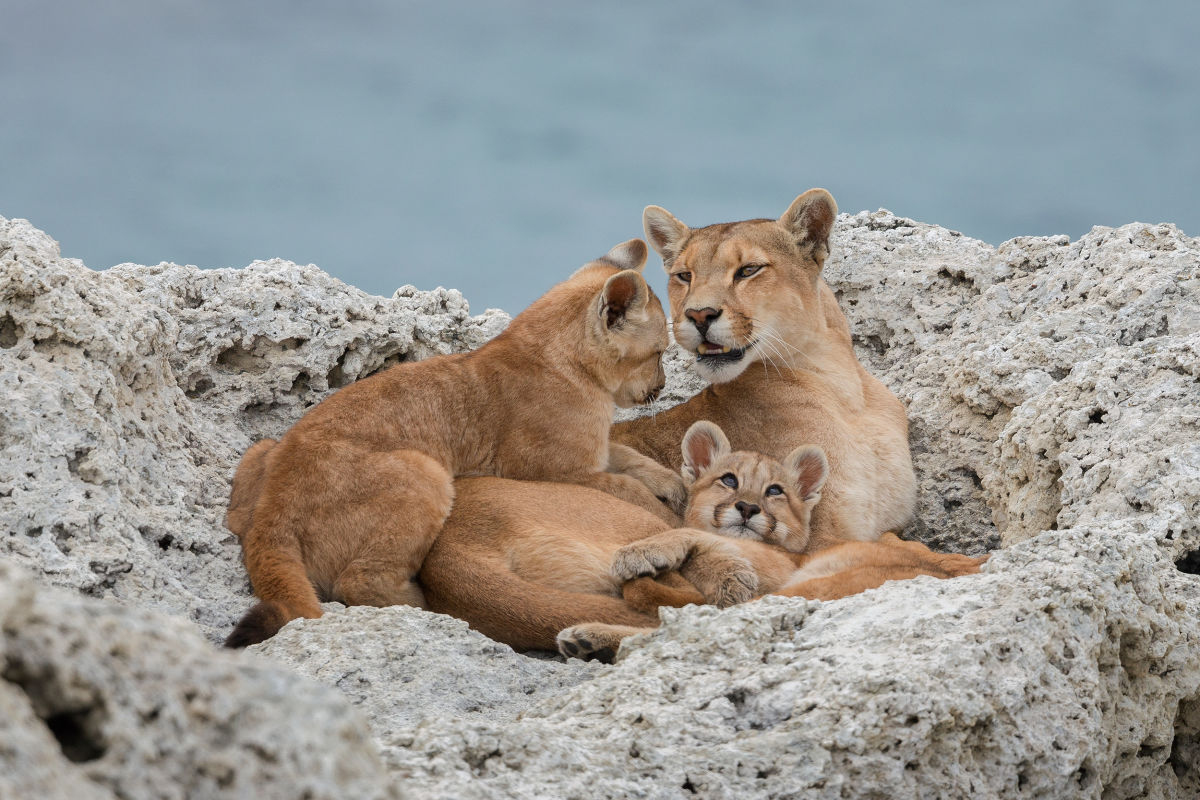
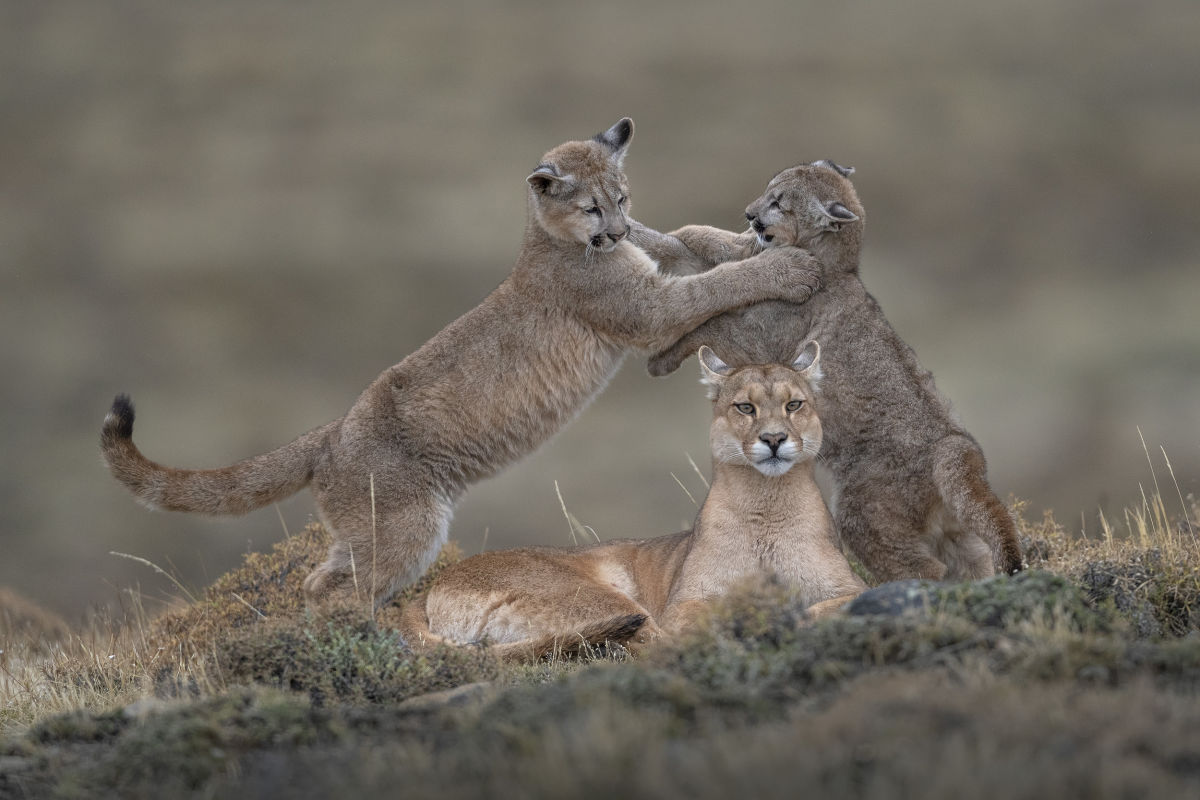
In fact, it’s not long before we spot the two cubs. They are still small, with blue eyes and the spotted coats that are typical of young pumas. Today it’s obvious they are setting off on one of their first forays to explore their surroundings. The small family walks along the side of the lake and we follow at an appropriate distance. The animals keep disappearing behind the rocks. We have to be very careful not to lose them. Finally, Sarmiento climbs onto one of the limestone rocks and lies down in a hollow; her cubs follow suit. I can hardly believe my luck – it’s so rare for a female puma to appear so openly with her offspring. She clearly isn’t worried by our presence.

The proud mother
Hide and protect
Sarmiento is seven years old and has had several litters. She is one of the most devoted puma mothers I have ever observed. She never seems to forget her cubs. Before going hunting she is careful to hide her young, and when she sees intruders she immediately drives them out of her territory to protect her cubs.
About the author
Ingo Arndt was born in Frankfurt am Main, Germany. From early childhood, he spent every single minute of his spare time outdoors in nature. Soon he realized that photography was a useful tool in environmental protection, so, after finishing school in 1992, Ingo plunged into the adventurous life of a professional photographer. Since then, he has traveled around the globe for extended periods as a freelance wildlife photographer, photographing reports in which he portrays animals and their habitats. In the past few years he has been mainly on assignment for GEO and National Geographic Magazine. With his images, Ingo wants to stimulate and increase the awareness of his viewing audience and show them the magnificence of nature.
His adventures with the pumas in Torres del Paine National Park have also been published in the book PumaLand (2019).

